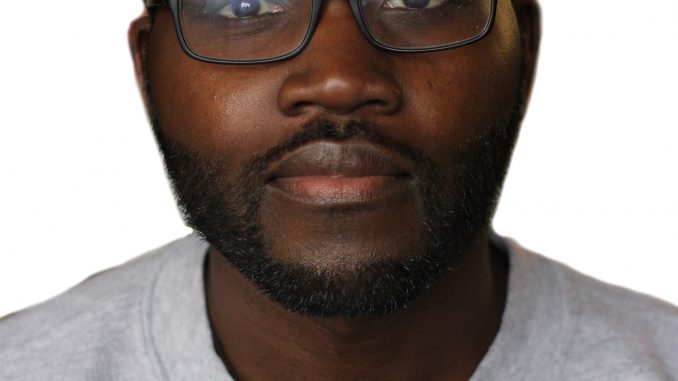
 In recent years, schools in the city have downsized key staff positions or shut down altogether in the face of harsh budget cuts. The effect of poverty on Philadelphia’s local revenue is causing an even greater challenge to the district.
In recent years, schools in the city have downsized key staff positions or shut down altogether in the face of harsh budget cuts. The effect of poverty on Philadelphia’s local revenue is causing an even greater challenge to the district.
When facing budget cuts, music programs are among the first to take a hit.
“Do I need anything to teach music?” asked Michele Zoeckler Odhner, a 2010 alumna who teaches music at Gilbert Spruance Elementary, a K-8 school in Northeast Philadelphia.
“No, because I can make music with my body. We can sing. We can dance. We can move. We can use body percussion. Do you need anything more than a pencil and a piece of paper to teach math? No. But everything else that you can use, all of the tools beyond that, that is where kids are able to excel quickly, much more quickly and get inspired beyond what’s right in front of them.”
She also said, like other schools in the district, Spruance has eliminated aides and other part-time positions—monitors for recess, lunchrooms and hallways—and downsized its staff. The team of counselors went from three to one for 1,500 students in order to stay within a reduced budget. Odhner is carrying the same workload as the counselor, as she is the only music teacher.
“I asked to teach in a half-a-year rotation,” Odhner said. “Because I’ll be able to see all of the kids for music every year, instead of picking and choosing what grades.”
Unfortunately, beyond her class, every student isn’t guaranteed much more in the way of music.
Odhner said, a strings teacher and a band teacher instruct a select few students once a week. The school’s limited selection of instruments, 30 stringed instruments and 15 band instruments, doesn’t allow for a “come one, come all” approach. Unless students are willing to purchase their own instruments, they are turned away.
“The difference between the way the funding works in our state is not fair,” Odhner said. “Throw a stone into the suburbs and those kids have full sets of band instruments to borrow at school and an extra one to take home and practice on. So, in Pennsylvania we don’t have fair funding, period.”
A major issue that comes to the surface in Pennsylvania is the effects of poverty on school funding. Districts with high poverty rates and high rates of renting don’t generate enough local revenue, which provides most of the school funding. Meanwhile, wealthier districts are able to invest more.
Odhner welcomes the idea of another music teacher, but she is not alone in the classroom. She has assistance from her student teacher, Dave Hodgson, a senior music education major. He started student teaching at Upper Merion High School, then transferred to Spruance earlier this year.
“They had everything that you could need,” Hodgson said. “If you needed support you got support. Spruance, the classes are much larger. I’m just teaching general music at Spruance. It’s a lot more to deal with behavior-wise, resource-wise. Developing things that you know the students will enjoy is a lot harder.”
Aside from the behavior, the contrast can be accounted to Upper Merion, part of the King of Prussia school district, generating more local tax revenue for its students with a median income of about $40,000 more than Philadelphia. In addition, schools in the suburb receive a significant boost in revenue from King of Prussia Mall.
I concur that something is unfair, but it is more than state funding.
According to a report by the Center for American Progress, Reading, Allentown and Philadelphia, have the highest concentration of underfunded districts in Pennsylvania, while the surrounding areas are much less severe. In fact, Reading and Allentown are the worst in the country. The student spending disparity between these districts and the more affluent can range anywhere from $10,000 to $15,000 per pupil.
Still, many teachers and staff members remain diligent in doing their best for the children.
“Bottom line any teacher who is still working in this district, we are here for the students because they’re going to keep showing up,” Odhner said. “No matter what I am doing the kids are going learn something new that they never knew before.”
I tip my hat to the teachers and staff like Odhner, who continue to find a way to manage the turbulence with the student’s best interest in mind, but it is difficult not to be skeptical about how much good it will do until Pennsylvania and Philadelphia do more for its schools—and its students.
Darryl Murphy can be reached at darryl.murphy@temple.edu.


Be the first to comment